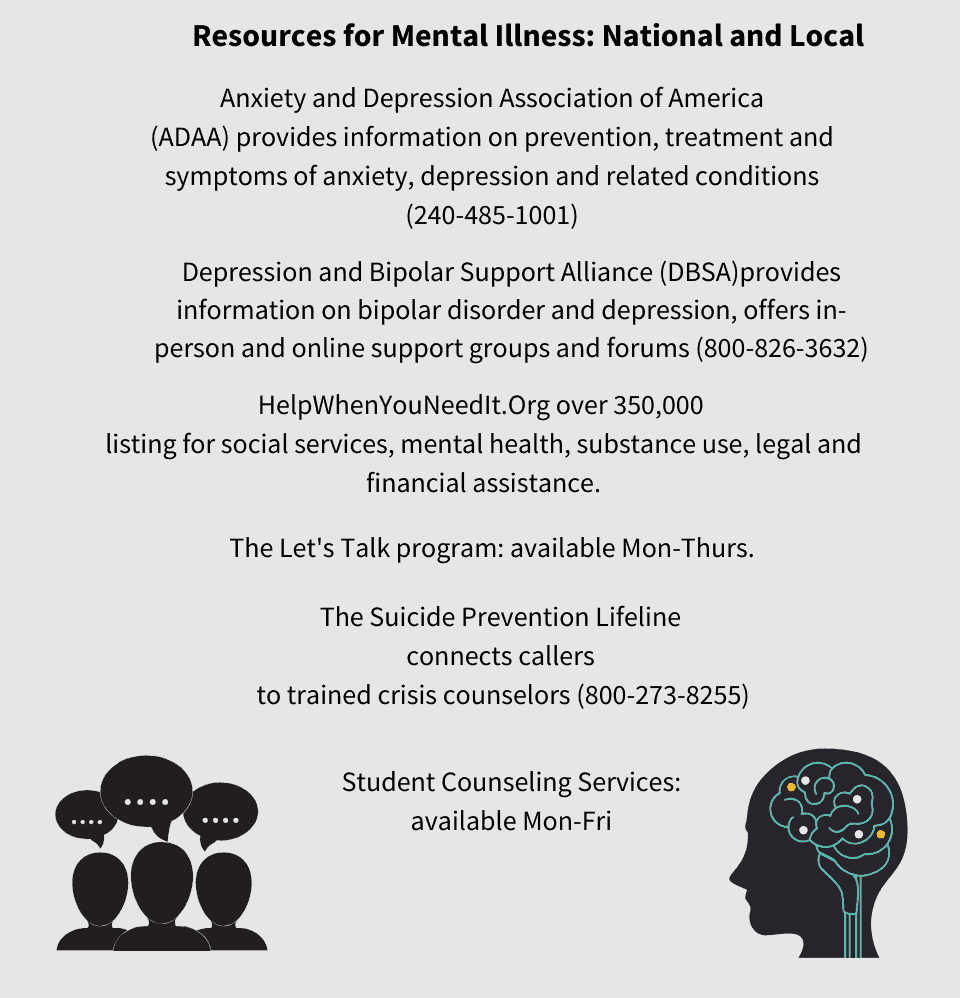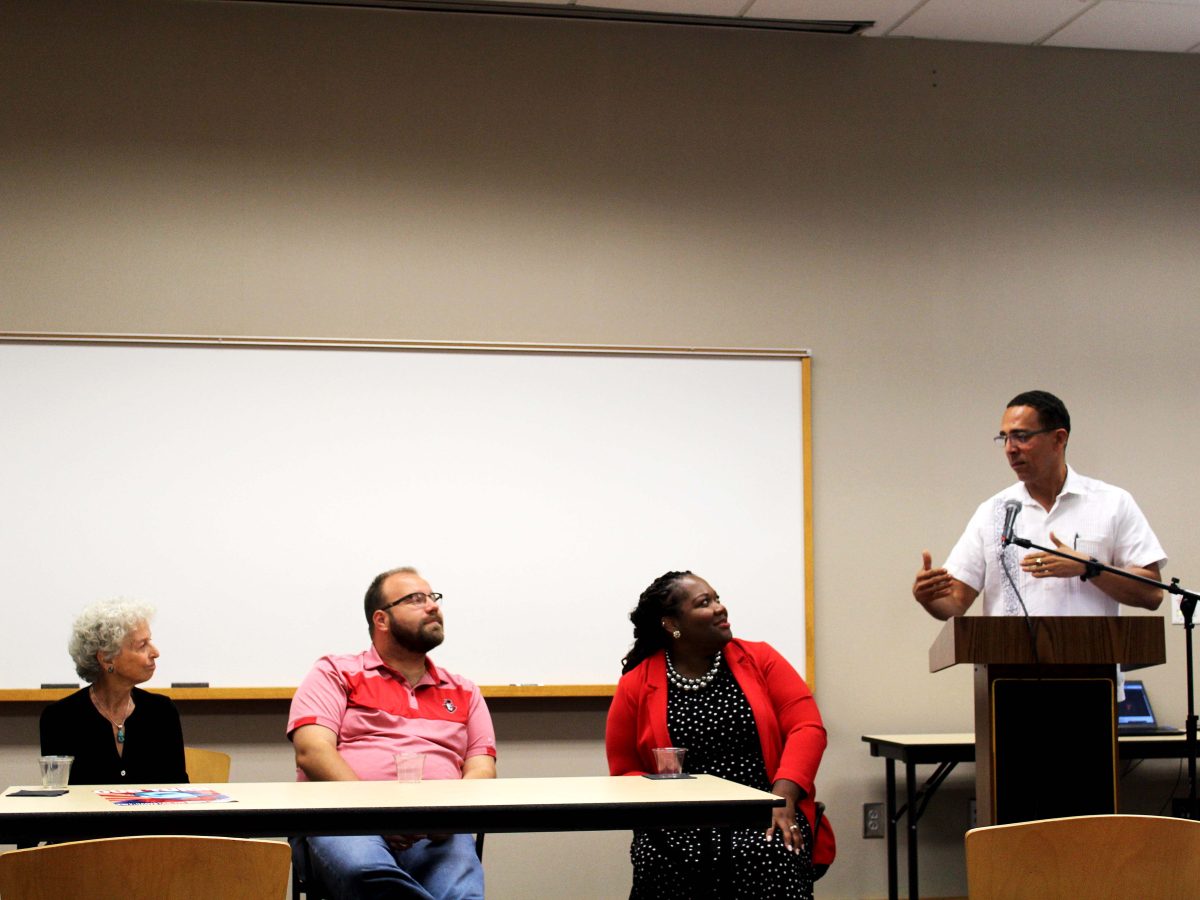When experiencing a psychiatric emergency, the first instinct is to call the police or go to the emergency room. While this approach helps, the amount of time these methods take to carry out can put people at even further risk. The crisis services should provide better resources to help prevent psychiatric emergencies in the community. Psychiatric emergencies involve individuals that cannot refrain from behaviors that pose a significant risk to themselves or others, including suicidal thoughts or attempts, psychosis, mania, substance abuse, and other things.
https://www.crisistextline.org/suicide
People that have serious mental illnesses are more likely to be violent against themselves rather than become violent towards others, but when someone is not experiencing things the same way as others it can be frightening to everyone involved. If someone is experiencing a break from reality, it is important to get them medical help. In Clarksville, there is only a mobile crisis team that will work to evaluate and stabilize the patient.
Even though the mobile crisis team is available, the service can take the time to respond because they provide care to multiple counties in Middle Tennessee. In an emergency, time is important and should not involve patients waiting more than a couple hours. With increased funding and support in Tennessee, each county will have its own response team which will call out with police to events that could be a psychiatric emergency. The potential funding increase will not only provide needed services to individuals but also provide jobs in the community.
Emergency rooms should also have at least one trained staff working or on call at all times to provide immediate care to people brought in, eliminating the barrier of wait times to care and providing a safer environment for ER staff.
People with serious mental illnesses deserve quality care when experiencing psychiatric emergencies. Patients deserve immediate care when in the emergency room.
Each county needs funding for its own crisis response team. Hospitals should enact policy changes that require at least one psychiatric professional to be on every shift. In order to help people with mental illnesses, we need to provide better resources for every aspect of care, but especially emergency responses because it is just that: an emergency.





